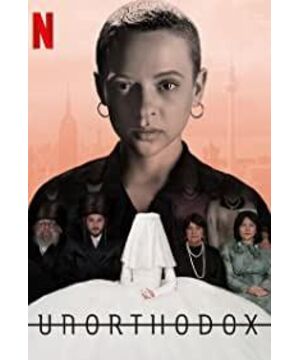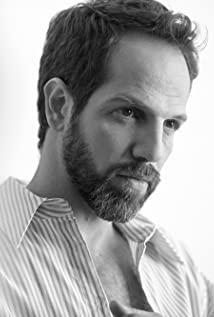This year’s Emmy Awards are freshly released. This four-episode Netflix miniseries has received multiple nominations. German female director Maria Schrader won the Best Director Award. What is the charm of this non-American TV series that speaks Yiddish?
Esther, a 19-year-old girl from the Orthodox Jewish community in New York. The community was conservative and closed. After experiencing unhappy arranged marriages and reproductive pressure, she fled to Berlin where her mother was. Here she met a group of young music students from all over the world, and began to re-understand herself and explore the possibilities of life in a free and tolerant atmosphere.
This drama is based on Deborah Feldman's true autobiography. She comes from the Setmar Jewish community in New York. Her ancestors are Hungarian Holocaust survivors. They live an extremely traditional, religious and isolated life in New York. The play also restores the details of the life of the Hasidic Jews, such as wearing complicated costumes, reading scriptures at any time, girls shave their hair and wearing headscarves after marriage, do not use smartphones and the Internet, and the married couple’s room is like a standard. (Because of strict rules on sex life, menstruation is also considered unclean), and every Jewish family has many children.
This play is an narrative. The fresh and free Berlin life is in sharp contrast with the oppressive and suffocating New York life. Berlin, the place where the trauma of the Jewish ethnic group originated, now provides a refuge for Jewish young people weighed down by tradition and history, just as the creators said that history is den Kreis abschließen (complete a closed loop).
In Berlin, Esther and his new partners went to the Wanhu Lake for swimming, which was the site of the Wanhu Conference, where the Nazis proposed the "Final Jewish Solution." She took off the wig covering her bald head in the lake. Esther sang a song in Yiddish, her mother tongue, at the Conservatory of Music. There was no accompaniment and her singing was melodious and powerful. She was finally able to embrace her identity and reconcile with history.
View more about Unorthodox reviews











